
While Maitake mushrooms might be trending right now and have earned their position as one of the most functional mushrooms out there, Maitake mushrooms also come with their fair share of side effects, like any ingredient that is good and provides an overall net benefit, certain individuals may not be able to consume that particular ingredient.
Maitake mushrooms are known for their distinctive flavor and numerous health benefits, and are considered as a superfood. However, like any dietary supplement, they can have side effects and risks, particularly when consumed in large quantities or by individuals with certain health conditions. Let’s explore the potential digestive issues, allergic reactions, blood sugar and blood pressure changes, medication interactions, pregnancy considerations, and skin irritations associated with maitake mushrooms.
Maitake mushrooms are rich in dietary fiber, which is beneficial for digestive health but can cause issues such as bloating, cramps, and diarrhea if consumed in excess. This is especially true for individuals not accustomed to a high-fiber diet.
The high fiber content in maitake mushrooms can lead to bloating and diarrhea, particularly when consumed in large amounts. Fiber increases the workload on the digestive system, which can result in discomfort and frequent trips to the bathroom.
Tips to Minimize Digestive Issues:
Maitake mushrooms can also cause intestinal cramps as the digestive system works harder to process the increased fiber. This can be particularly uncomfortable and may deter some people from enjoying this otherwise healthy food.
Prevention:
While rare, allergic reactions to maitake mushrooms can range from mild to severe.
Allergic reactions to maitake mushrooms can manifest as itching, swelling, hives, and difficulty breathing. These symptoms can appear shortly after consuming the mushrooms.
Severe Reactions:
Managing Allergies:
Maitake mushrooms have been shown to impact blood sugar levels, which can be both beneficial and risky, depending on the individual.
For diabetics, maitake mushrooms can be beneficial as they may help improve insulin sensitivity and reduce blood sugar spikes. However, this effect can also pose a risk, particularly if blood sugar levels drop too low.
Hypoglycemia Risk:
Maitake mushrooms have the potential to lower blood pressure, which can be both a benefit and a risk.
For individuals with high blood pressure, maitake mushrooms can be a natural way to help lower it. However, this effect can also lead to hypotension, or dangerously low blood pressure, especially in those already taking medication for hypertension.
Monitoring Blood Pressure:
Maitake mushrooms can interact with certain medications, leading to potentially dangerous side effects.
For individuals on blood-thinning medications, maitake mushrooms can increase the risk of bleeding due to their natural compounds that may enhance the effects of these medications.
Other Interactions:
Essential Steps:
There is limited research on the effects of maitake mushrooms during pregnancy, so it’s essential to approach their consumption with caution.
While maitake mushrooms offer numerous health benefits, the lack of conclusive research on their safety during pregnancy means they should be consumed cautiously.
Guidelines for Safe Consumption:
Contact with maitake mushrooms can cause skin irritations in some individuals, particularly those with sensitive skin.
Contact dermatitis can occur when the skin comes into contact with maitake mushrooms, leading to symptoms such as redness, swelling, and itchiness.
Monitoring and Treatment:

While maitake mushrooms offer numerous health benefits and are a great ingredient in the culinary world when it comes to their versatility in terms of flavor and the dishes you can make with them, it’s important to be aware of the potential side effects and risks associated with their consumption. From digestive issues and allergic reactions to changes in blood sugar and blood pressure, maitake mushrooms can have a significant impact on your health.
Like any ingredient Maitake mushrooms have proven to be beneficial but certain individuals may not be able to consume them, it is important to patch test or microdose the supplement to see if there are any adverse reactions.
Supplements like mushrooms usually tend to have a laxative effect at least initially when the body is getting accustomed to the ingredient causing issues like diarrhea, stomach discomfort, and so on.
Always monitor your dosage, consult with a healthcare professional, and be mindful of how your body reacts to this powerful superfood. By doing so, you can safely enjoy the unique flavor and health benefits of maitake mushrooms while minimizing any potential risks.